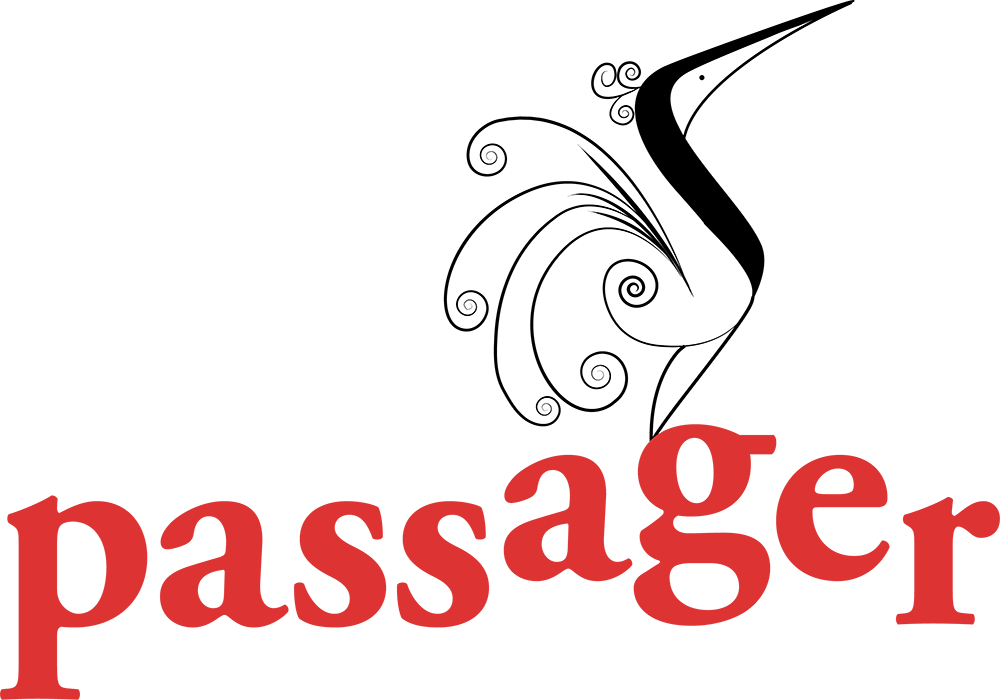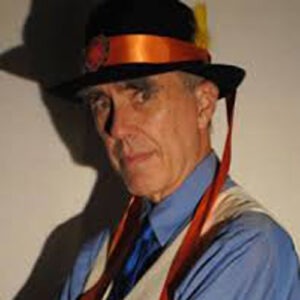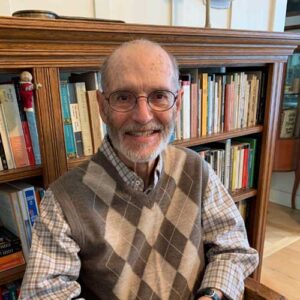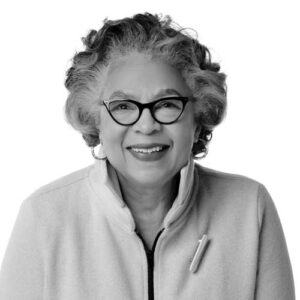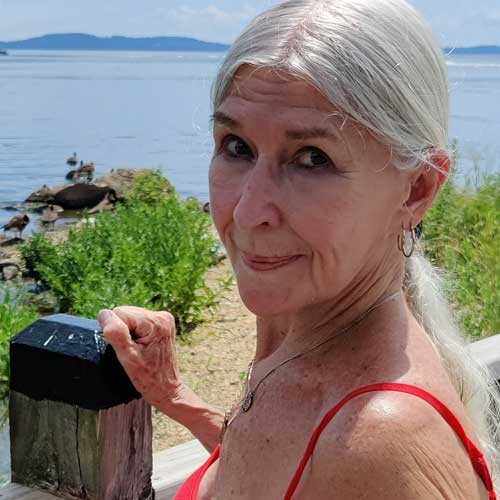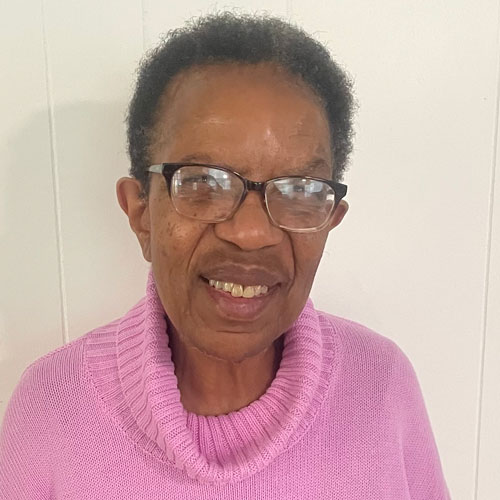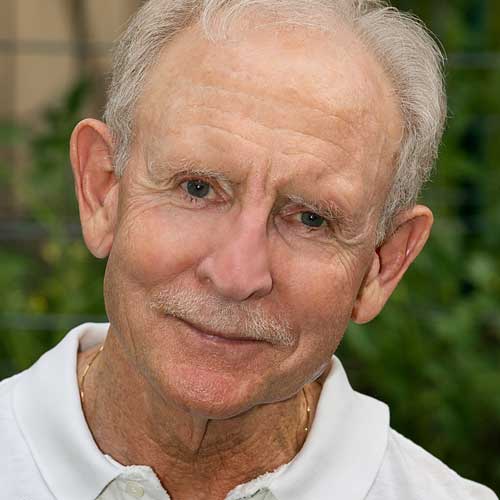Indigenous Peoples’ Day
Poems about Indian Schools from Red Hawk and Joel Savishinsky, and a painting from Alma Roberts.
TRANSCRIPT
Welcome to Burning Bright, a weekly podcast presenting poetry and prose from Passager.
Monday, October 13, was Columbus Day, celebrating Christopher Columbus’s discovery of America in 1492. In fact, although maybe he was the first European to stumble into it, lots of people had discovered and lived here long before that. And those European people did—and in many ways still do—take a pretty myopic, we’re-in-charge-now view of things. Here are two poems about Indian schools.
First, a poem from Passager’s 2021 Poetry Contest issue. The poet, Red Hawk, said, “This poem grew out of a historic letter he read: “The Indians of the Iroquois Confederacy to the College of Wm. and Mary (1744)”
We thank you for inviting us to send our young men to you
for proper training and know you mean to do us good
by your generous proposal. However,
we have had some experience with your training.
Several of our young men were instructed in your sciences
and when they returned to us they were bad runners,
ignorant of every means of living in the woods,
unable to bear either cold or hunger, knew neither
how to build a cabin, skin a deer, or kill an enemy,
spoke our language imperfectly, were not fit to be
hunters, warriors, or counsellors; they were
totally good for nothing.
But to show our gratitude for your kind offer,
if the gentlemen of Virginia will send us your sons
we will take care of their education,
teach them all that we know,
raise them to be strong and tell the truth and
make able men of them so that
they stand by their word and will die
before they tell a lie;
they will be men you can trust with your life;
they will not come behind you with a knife.
“The Indians of the Iroquois Confederacy to the College of Wm. and Mary (1744).” The poet, Red Hawk, said his name is an Earth name, received during a four-day water fast at the Buffalo River in the dead of winter, during the worst ice storm Arkansas had seen in years. He said, ‘the name was given by our Mother Earth, bought as answered prayer, paid for by enduring suffering. It is NOT an Indian name.”
Joel Savishinsky spent time as an anthropologist in the Northwest Territories of Canada. He said, “My wife and I accompanied indigenous families by snowshoe, dogsled and canoe in their hunting, fishing, and trapping life. We also heard from community elders about their difficult childhoods in residential schools run by missionary groups.” He said a photo of young girls taken at one of these schools in the early 20th Century was the inspiration for this poem, “The Saddest Smile, Indian Residential School 1907.”
The group shot showed both the willing
and the embarrassed, and in the stills
the editor tried to crop the faces of
the latter where the camera caught
them in their discomfort. But later,
when the movie was made, the original
print mistakenly slipped in un-doctored,
betraying a privacy once promised. Even
with no name or tribe attached she stands
exposed, the residential school’s wide porch,
silent as history, framing her class’s photo.
To hope to be erased, effaced, to protect
the look only she could give herself, to try and
fail to hide the lips, once crushed, never kissed
with tenderness, was more faith than vanity.
Hers is the weakest, the saddest smile, the one
that speaks for all the others, those who had been
told they were making a sacrifice, who did not
understand they were the sacrifice, who thought
they could one day explain what being there had
been like, standing still in their hand-sewn skirts,
high collars and black-and-white silence, the ones
who had kept their pride and lost their chance.
Joel Savishinsky from Passager’s 2024 Poetry Contest issue, “The Saddest Smile, Indian Residential School 1907.”
Alma Roberts began painting at age 62. She painted the picture on the cover of Passager’s 2022 Poetry Contest issue. She said, “The painting, titled Indigenous, is my tribute to our Native American fellow citizens for their resilience and endurance in the face of unrelenting injustice. It is also a celebration of their contribution to the vibrancy of art and culture in this country.” She said, “I created the painting as a canvas quilt, telling the stories I know and those that history has conveyed about proud nations of native people. I selected colors that are frequently included in Indigenous clothing and artifacts. I included a moon and water symbolic of the strong influence of nature on their culture, values, mores, and lifestyle. The grouping of dots throughout the painting salutes the strong bonds forged by Native Tribal Communities. I incorporated a map-like effect in the image to acknowledge the trail of tears that several of those Tribes traveled at great peril.” Alma Roberts said, “The painting is declaring my honor and deep appreciation of those native to this land.”
I’m holding Alma’s cover picture up to the mic, but if you’re having trouble seeing it, you can also see it on the transcript for this podcast on Passager’s Burning Bright page.

To subscribe to, donate to, or learn more about Passager and its commitment to older writers, visit passagerbooks.com.
Passager offers a 25% discount on the books and journal issues featured here on Burning Bright. Visit our website to see what’s on sale this week.
For Christine, Rosanne, Mary, Asher, and the rest of the Passager staff, I’m Jon Shorr.
Due to the limitations of online publishing, poems may not appear in their original formatting.
